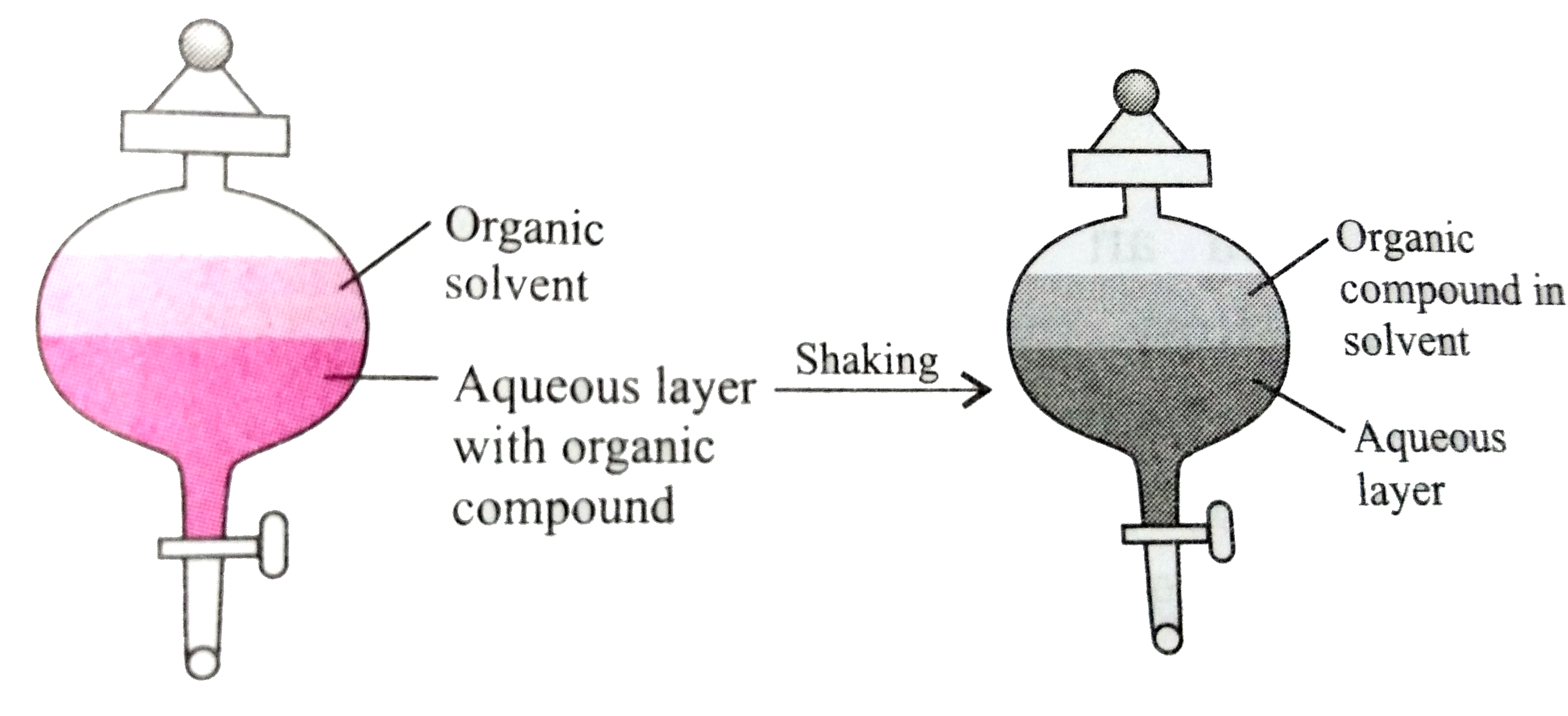Organic compounds are ............ in polar solvents.
To solve the question "Organic compounds are ............ in polar solvents," we will follow these steps:
Step 1: Understand the Nature of Organic Compounds
Organic compounds are primarily composed of carbon and hydrogen, and they often contain other elements such as oxygen, nitrogen, sulfur, etc. The majority of organic compounds are non-polar due to the covalent bonds formed between the atoms.
Hint: Remember that organic compounds typically have non-polar characteristics.
Step 2: Consider the Solubility Principle
The principle of solubility states that "like dissolves like." This means that polar substances tend to dissolve in polar solvents, while non-polar substances dissolve in non-polar solvents.
Hint: Think about how polar and non-polar substances interact with each other.
Step 3: Analyze Polar Solvents
Polar solvents, such as water, have molecules that have a significant difference in electronegativity between the atoms, leading to partial positive and negative charges. This allows them to interact well with other polar substances.
Hint: Recall examples of polar solvents, such as water.
Step 4: Conclude the Solubility of Organic Compounds in Polar Solvents
Since most organic compounds are non-polar, they do not interact well with polar solvents. Therefore, we can conclude that organic compounds are generally insoluble in polar solvents.
Hint: Consider the general behavior of organic compounds when mixed with polar solvents.
Step 5: Acknowledge Exceptions
While the general rule is that organic compounds are insoluble in polar solvents, there are exceptions. Some organic compounds, such as alcohols (e.g., methanol, ethanol), are polar and can dissolve in polar solvents.
Hint: Remember that exceptions exist, particularly with small organic molecules that have polar functional groups.
Final Answer
Organic compounds are insoluble in polar solvents.
Organic compounds are primarily composed of carbon and hydrogen, and they often contain other elements such as oxygen, nitrogen, sulfur, etc. The majority of organic compounds are non-polar due to the covalent bonds formed between the atoms.
The principle of solubility states that "like dissolves like." This means that polar substances tend to dissolve in polar solvents, while non-polar substances dissolve in non-polar solvents.
Polar solvents, such as water, have molecules that have a significant difference in electronegativity between the atoms, leading to partial positive and negative charges. This allows them to interact well with other polar substances.
Since most organic compounds are non-polar, they do not interact well with polar solvents. Therefore, we can conclude that organic compounds are generally insoluble in polar solvents.
While the general rule is that organic compounds are insoluble in polar solvents, there are exceptions. Some organic compounds, such as alcohols (e.g., methanol, ethanol), are polar and can dissolve in polar solvents.
Organic compounds are insoluble in polar solvents.
Similar Questions
Organic compounds are ................................... conductors of electricity.
View SolutionPolar covalent compounds contain .................... separation.
View SolutionAll compounds of alkali metals are easily soluble in water but lithium compounds are more soluble in organic solvents. Explain.
View SolutionGive reasons for the following
Electrovalent compounds are soluble in water, insoluble in organic solvents, good conductors of electricity in molten or aq.solution state, have high meltimg points and undergo electrolytic dissociation on pasaage of electric current, while covalent compounds are soluble in organic solvents, insoluble in water, non-conductors of electricity, have low melting points & undergo ionisation on passage of electric current.
View SolutionThe process of separation of an organic compound from its aqueous solution by shaking with a suitable solvent in termed solvent extraction or differential extraction.

The organic compound present in the aqueous layer moves to the organic solvent because
View SolutionExplain why ionic solids are more soluble in polar solvents.
View SolutionWhy are lithium compounds soluble in organic solvents?
View SolutionThe crown-guest complex is called an inclusion compound. The crown ether allows the inorganic salt to dissolve in non-polar solvents. KMnO4 forms a complex with crown ether. In this complex, the host is…. and the guest is…… .
View SolutionAssuming 100% polymerization of an organic compound in its aqueous solution, the number of moles of organic compound undergoing polymerization containing 9.4g of organic compound per 100g of the solvent is ……….Freezing point depression is 0.93K,Kf of water is 1.86Kkgmol−1 and molecular weight of organic compound is 94u
View SolutionOrganic compounds that are tightly bound to apoenzyme is
View Solution
